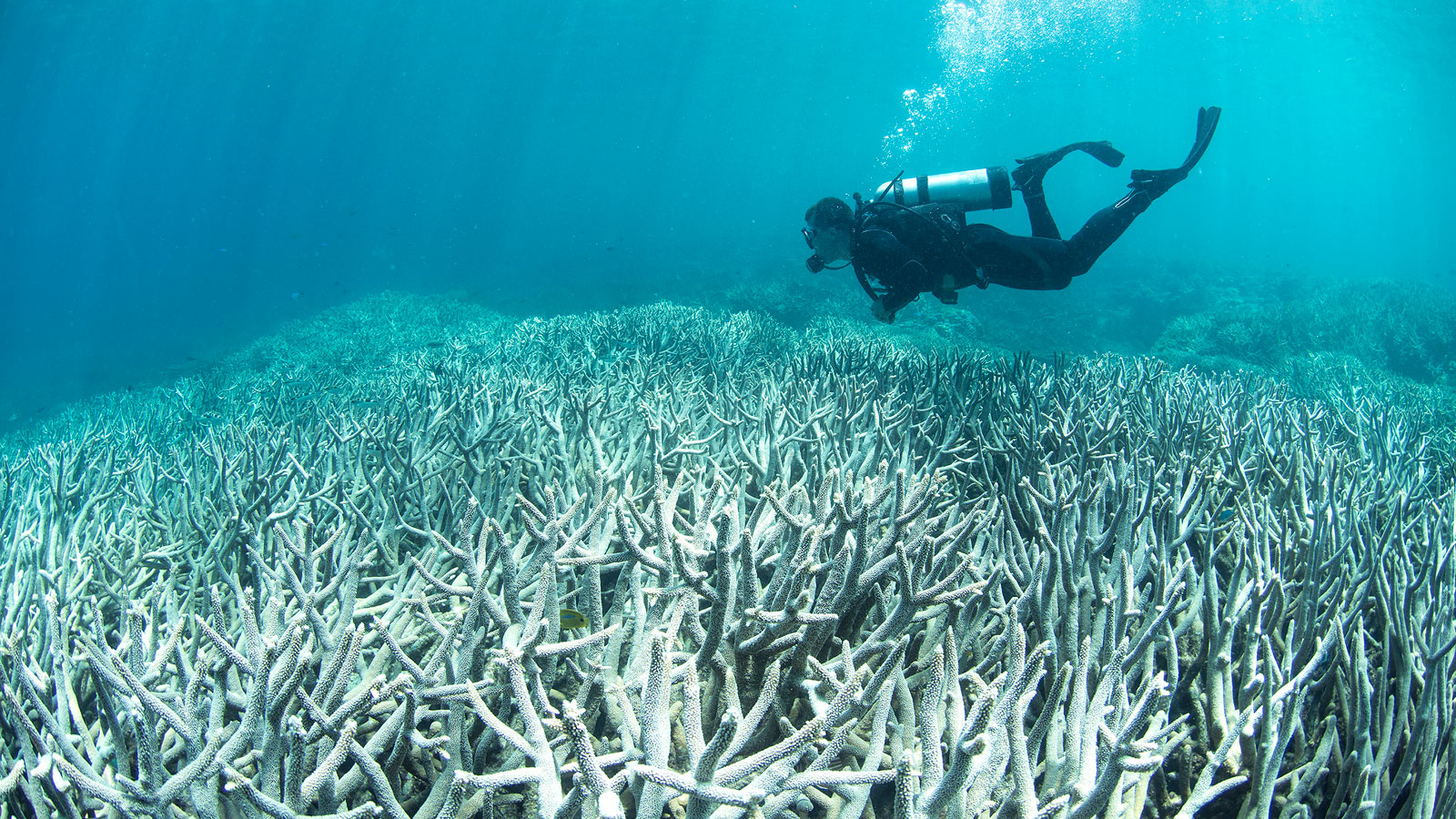Visitors to Gray’s Reef National Marine Sanctuary, off the coast of Georgia, may spot loggerhead turtles, dolphins, or even a whale. And below the surface, hundreds of species live in the nooks and crannies of the rocky sea floor.
“Things like sponges and sea squirts and things called … moss animals, and corals. And all of these organisms encrust the bottom,” says Danny Gleason, director of the Institute for Coastal Plain Science at Georgia Southern University.
He says this invertebrate community supports other marine life by providing food, creating habitat, and filtering water.
But oceans have absorbed about a third of the carbon pollution that humans have added to the atmosphere. The extra CO2 makes the water more acidic, which harms animals such as oysters, shrimps, and corals.
Yet Gleason says much about the effects of acidification remains unknown.
His team is researching how a variety of bottom-dwelling critters respond to more acidic conditions.
“What’s the effect on the entire community of the invertebrates that are out there?” he says.
He says it’s critical to understand how ocean acidification will affect the vast and interconnected web of life beneath the waves.
Reporting credit: Sarah Kennedy/ChavoBart Digital Media


